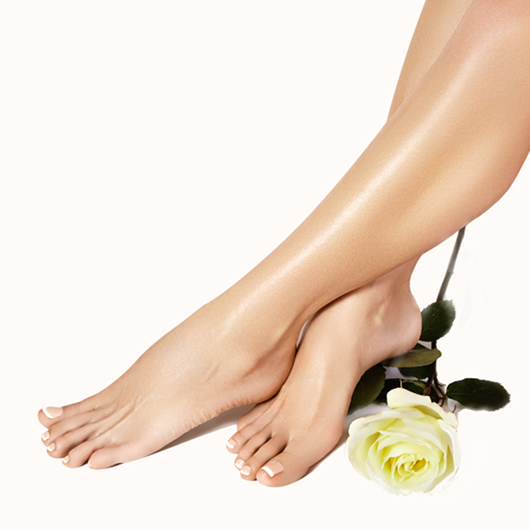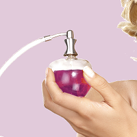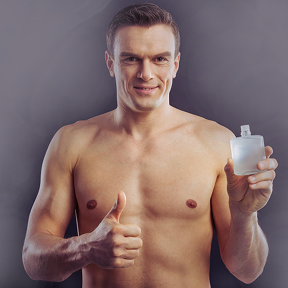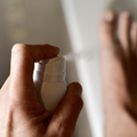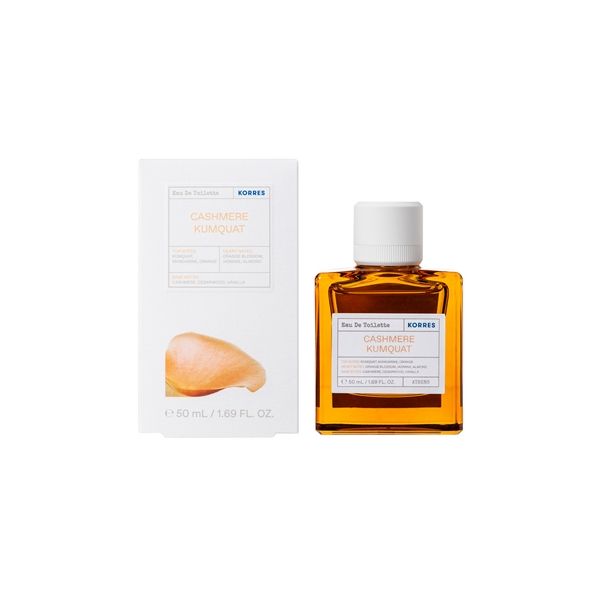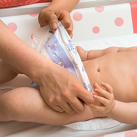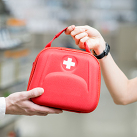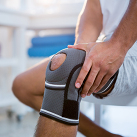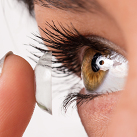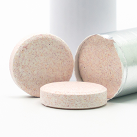Blog
Three Tips for Cold Sores
Cold sores are definitely annoying and unsightly. Lip sores are simply unwanted. When they appear on your lips or in your mouth, you probably immediately think about the fastest way to get rid of them. The herpes simplex virus is incredibly contagious and this infection is very common. Interestingly enough though, most people who are infected with the virus never show symptoms. If the virus causes lip sores, it can be transmitted from person to person through face to face contact, such as kissing. However, although it is not that well known, the virus can also be spread by sharing cosmetics, utensils, toothbrushes or towels. The virus is more contagious when there is a cold sore, especially when the blister begins to gush. However, it is important to know that you can still transmit the virus long after the herpes has healed, as well as when there is not even a blister. Here are three things you can do to help ease the cold sores or get rid of them faster.
1. Try home remedies
When used early, there are several treatments that can help relieve pain and reduce swelling. They can even shorten the duration of cold sores. Apply ice, cold compress or Vaseline to the area for immediate relief.
2. Apply topical creams and ointments
There are some over-the-counter anesthetics and creams that can help control pain. Some products can even promote faster healing when used in a timely manner and in large quantities.
3. Take prescription drugs
There are antiviral drugs that can help cold sores heal faster, such as acyclovir, valaciclovir, famciclovir and peniclovir. If you have frequent outbreaks or are experiencing some of the serious side effects of cold sores your doctor may consider prescribing antiviral drugs. To get rid of an irritation quickly, the best thing you can do is to start treating it as soon as possible. A burning or tingling sensation on your lips or face may be an early warning sign that cold sores are developing. The earlier you start to reduce the swelling and treat the herpes, the faster it will heal. Once the herpes has healed, the virus does not actually leave your body. Instead, the virus travels back to your nerves, where it can remain dormant for long periods of time. When the virus reappears, it usually does so at the same place as before. The virus can be reactivated by fever, severe anxiety, colds or a weakened immune system.

 Ελληνικά
Ελληνικά



